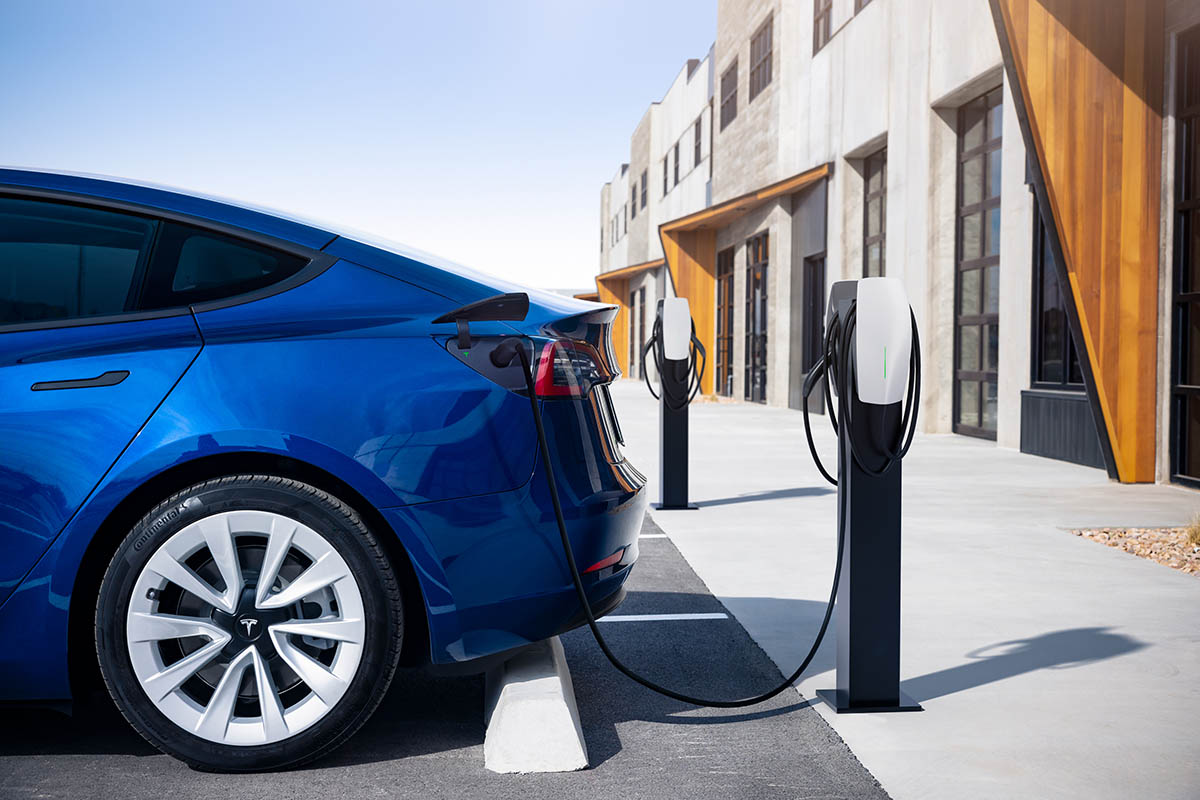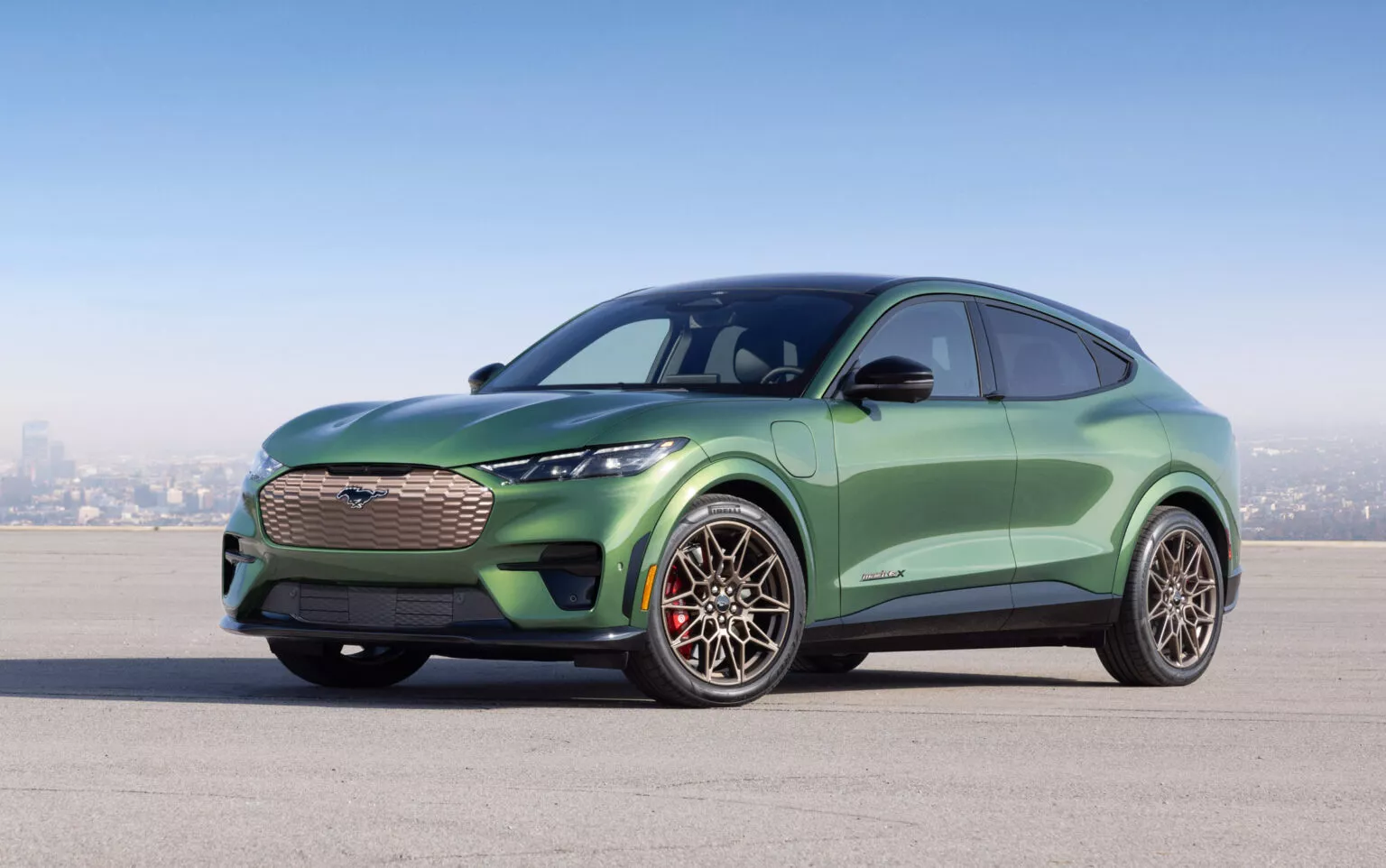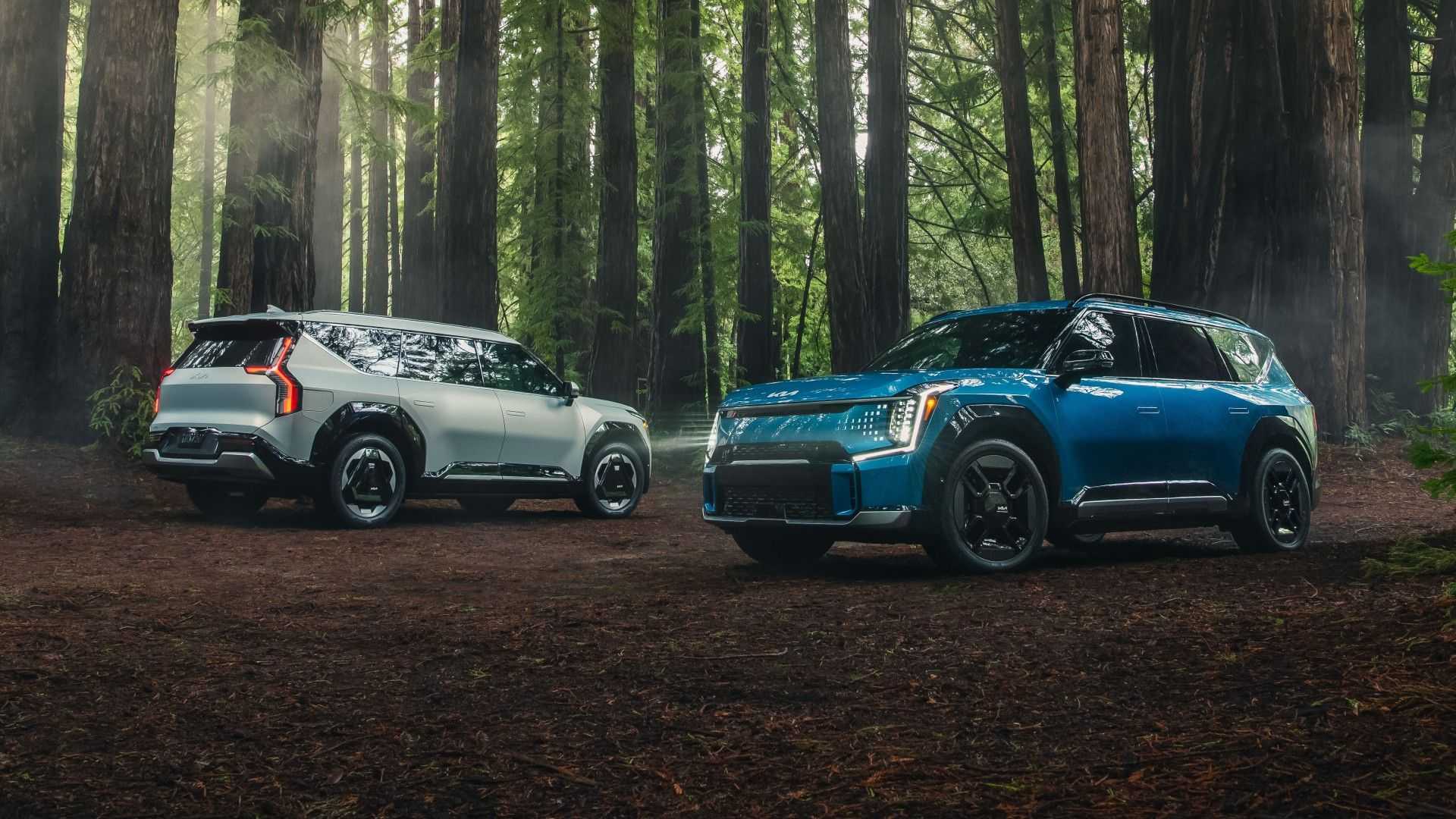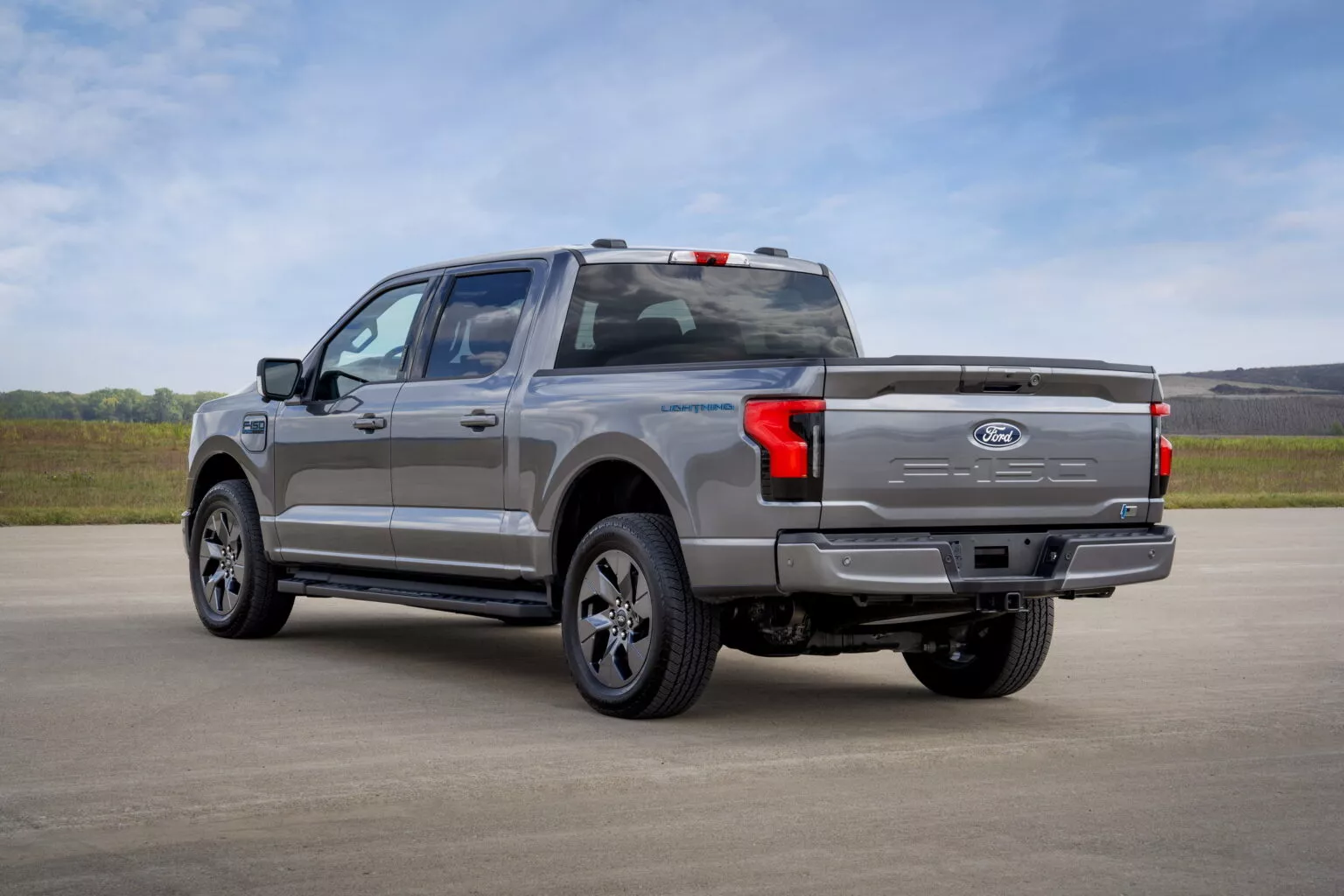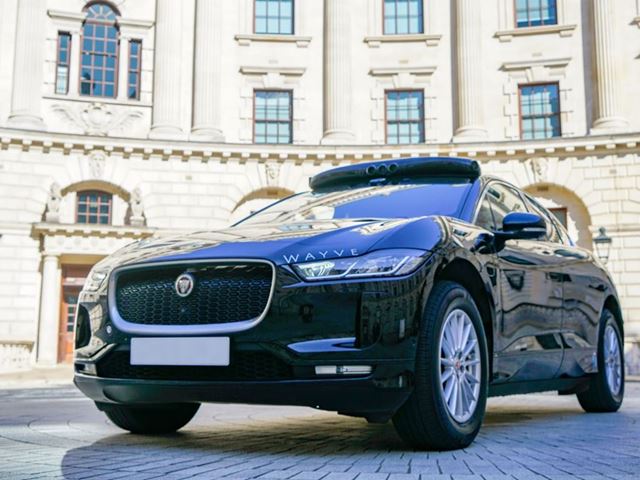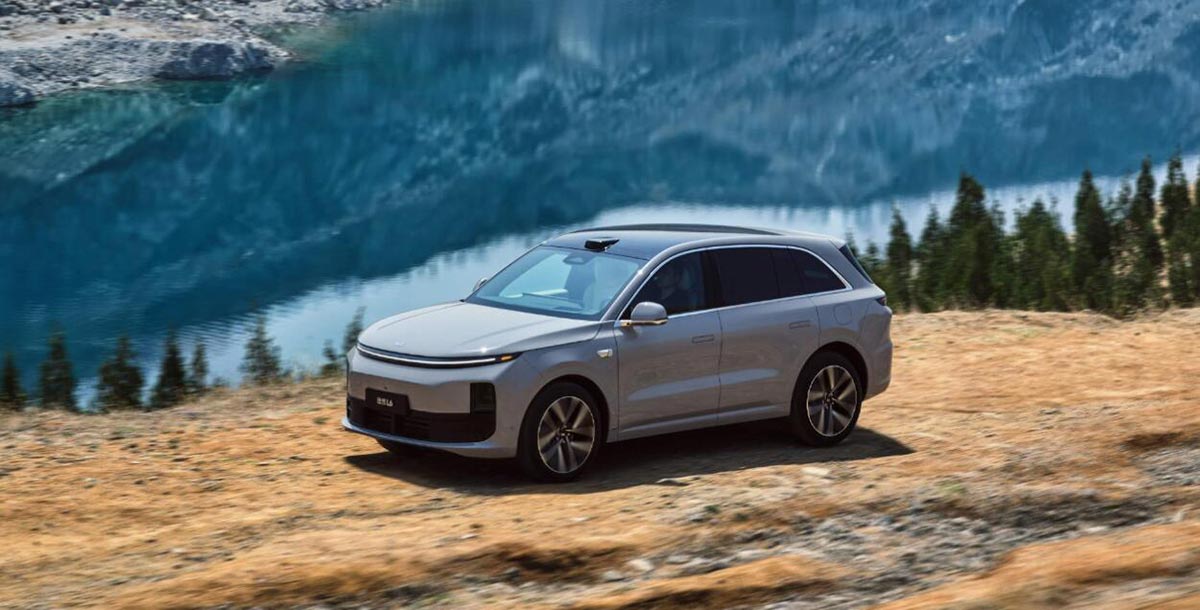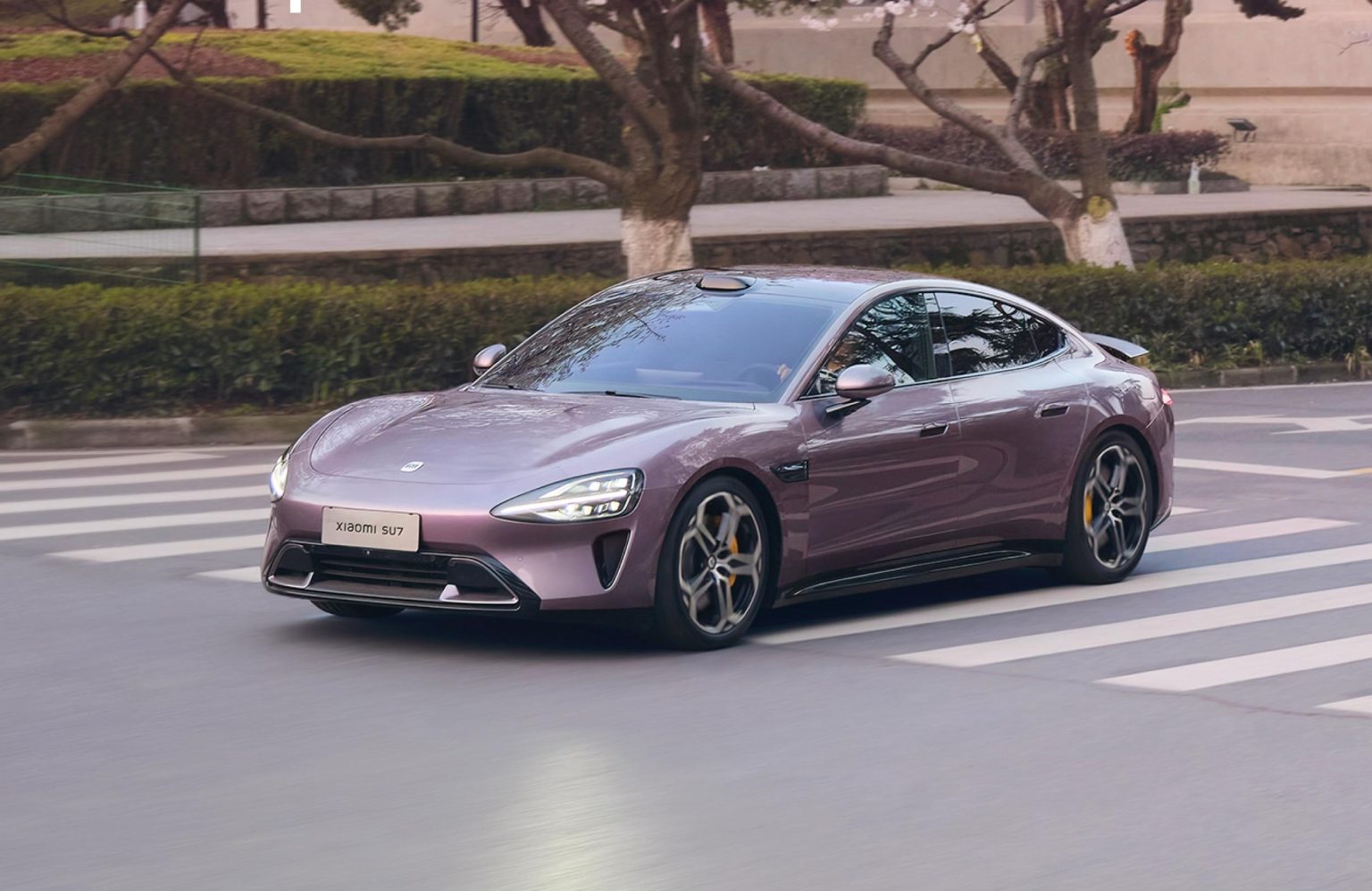Recent reports of a slowdown in electric vehicle (EV) sales in the U.S. may not be as prolonged or severe as initially thought, according to new data that suggests the downturn could be short-lived.
A Bloomberg report highlighted that first-quarter sales data indicates the supposed slowdown in EV sales might be more of a blip, as many automakers saw year-over-year sales continue to rise. Despite concerns about demand, consumer purchases of EVs have not been significantly impacted. While Tesla’s deliveries were seen as disappointing by some, the company remains the dominant high-volume EV maker in the U.S.
Stephanie Valdez-Streaty, Director of Industry Insights at Cox Automotive, noted, “We’re still seeing growth in demand, just not at the same pace for every brand.” She pointed out that Tesla’s lack of new models and Ford’s limited pipeline have affected their growth, while brands like Hyundai, BMW, Kia, and Cadillac are driving EV sales forward.
Tesla’s Model Y accounted for over a third of all U.S. EV sales in Q1, with a market share of about 35.4 percent. Other top-selling models included the Model 3 (11.3 percent), Ford Mustang Mach-E (3.5 percent), Rivian R1S (2.9 percent), and Ford F-150 Lightning (2.8 percent).
Despite concerns from some traditional automakers about EV demand and their reluctance to invest in EVs, analysts suggest that these companies need to ramp up volume EV production to compete with Tesla.
Bloomberg forecasts another increase in EV sales growth throughout this year, while organizations like the International Energy Agency (IEA) predict even larger sales volume increases.
Although no automaker other than Tesla has sold over 100,000 EVs in a year in the U.S., forecasts suggest that Hyundai, General Motors (GM), and Ford could surpass that threshold. Bloomberg also predicts that even if the global EV market remains at its current “slowdown” pace, virtually all vehicles could be EVs in ten years.

